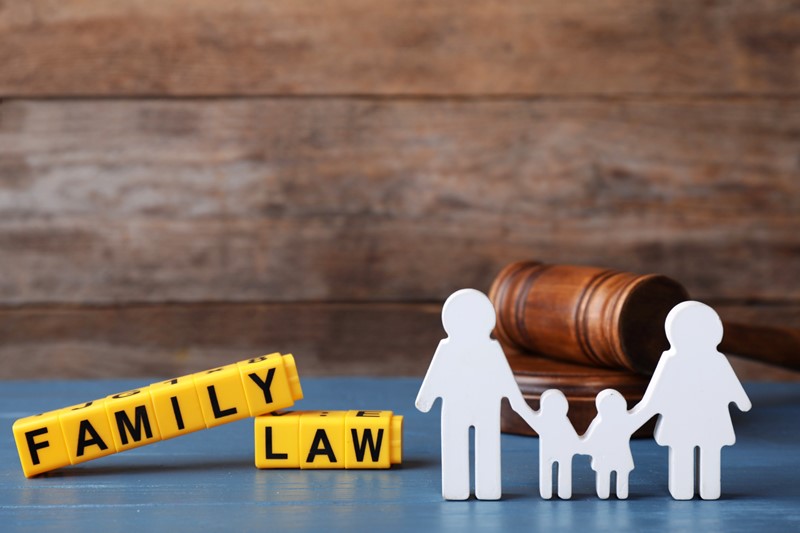The High Court had to apply the common law test for the recognition of foreign adoption.
Background:
Mrs. O, a Nigerian-born born in 1972, moved to live in the UK with her family circa. 1978. In later years, she spent time in other countries for work, including the USA, but returned to settle in Nigeria in 2013 when she married Mr. H.
A is Mrs. O's biological niece. She was born on 19 March 2015 and was raised by her biological parents but X (Mrs. O’s brother) suffers from severe health challenges and Y struggled with substance misuse. A was never enrolled at nursery or pre-school and was subject to emotional and physical harm. A came to live away from her mother in February 2018 on a permanent basis. Following the death of her father in 2019, A came to reside with Mr. H. Mrs. O became A’s legal guardian on 25 September 2019 and, in 2020, she formerly adopted A in Nigeria.
Due to financial constraints, Mrs. O had to return to work in 2023. As she could not find employment in Nigeria, she resumed her work in the UK. She has been commuting between London and Nigeria for 17 months even though it is not the easiest arrangement.
Mrs. O applied for A’s adoption to be recognised under UK common law, as Nigeria is not a signatory to the 1993 Hague Convention on Protection of Children and Co-operation in Respect of Intercountry Adoption. The SSHD has also made an order with respect to Nigeria, namely the Special Restrictions on Adoptions from Abroad (Nigeria) Order 2021, which outlines the reasons for the lack of recognition of Nigerian adoptions.
Decision:
The High Court granted Mrs. O’s application and recognised her adoption of A at common law. The Court applied the common law test by first explaining that “Whilst the present law relating to the recognition of foreign adoptions is now largely driven by immigration concerns, older cases concerning the recognition of foreign adoptions appear to have been mainly concerned with the rights of children under wills and trusts. The common law rules were developed in these wills and trusts cases.” The test contains four components as summarised by 1. Lord Justice Munby, in In re N (A Child) [2018]. First, the adoptive parents must have been domiciled in a foreign country at the time of the foreign adoption. Second, the child must have been legally adopted in accordance with the requirements of the foreign law. Third, the foreign adoption must, in substance, have the same essential characteristics as an English adoption. Finally, there must be no reason in public policy for refusing recognition.
Applying those criteria, the Court noted that Mrs. O’s domicile of origin was Nigeria and the domicile has not been changed as her stays out of Nigeria was not accompanied by a form of permanent intention. Mrs. O demonstrated, through two expert opinions, that the legal effect of an adoption order in Nigeria is similar to that under English law. Thus, there was also no reason in public policy to refuse recognition.
The Court then turned to the second limb of the test, which is the most complex part. While the Judge expressed some reservations regarding the Nigerian adoption processes, it did respect the legal decisions made by the Nigerian courts.
Finally, the Court noted that since Mrs. O and A formed a family unit in 2017, any strict application of common law tests which would deny recognition of Mrs. O as A’s mother would actually interfere with her rights under Article 8 of the European Convention on Human Rights (ECHR).
Implications:
This case highlights the importance of providing good evidence as this persuaded the Court. It also shows the regard of English courts for Article 8 of the ECHR and the wish to avoid any interference. While the Court noted that it had some reservations, it was still willing to accept the decision based on all the facts and evidence granted.
Finally, it is a good reminder that the concept of domicile under common law is quite difficult to displace as an intention to remain must be demonstrated.

